- Home
- Nora Roberts
Come Sundown
Come Sundown Read online
For Jason and Kat,
the best of traveling companions
PART ONE
A Journey
So, when a raging fever burns,
We shift from side to side by turns;
And ’tis a poor relief we gain
To change the place, but keep the pain.
—Isaac Watts
PROLOGUE
— Western Montana, 1991 —
Alice Bodine relieved herself behind a thin screen of lodgepole pines. She’d had to trudge through knee-high snow for the screen, and her bare ass (with the dragonfly tattoo she’d had inked in Portland) shivered in the wind that soughed like the surf.
Since she’d walked a solid three miles on the back road without seeing a single car or truck, she wondered why the hell she’d bothered.
Some habits, she supposed as she hitched her jeans up again, just didn’t break.
God knows she’d tried. Tried to break habits, rules, conventions, and expectations. Yet here she was—hardly three years after her self-proclaimed emancipation from everything usual, all the ordinary—dragging her half-frozen ass home.
She shifted her backpack on her shoulders as she high-stepped into her own footprints to get back to the sorry excuse for a road. The backpack contained all her worldly possessions, which included another pair of jeans, an AC/DC T-shirt, a Grateful Dead sweatshirt she’d taken off some forgotten guy back when she’d first gotten to Los Angeles, some soap and shampoo she’d copped during her mercifully brief stint cleaning rooms at a Holiday Inn in Rigby, Idaho, condoms, her stash of makeup, fifteen dollars and thirty-eight cents, and what was left of a nickel bag of pretty decent weed she’d swiped from a guy she’d partied with at a campground in eastern Oregon.
She’d told herself she was aimed toward home due to her lack of funds and the very idea of cleaning up some jerk’s cum-stained sheets ever again. And there was some acknowledgment of how easy it would be to become one of the dead-eyed women she’d seen hooking on the shady side of so many streets in so many towns she’d passed through.
She’d come close, she could admit that. You got hungry enough, cold enough, scared enough, the idea of selling your body—it was just sex, after all—for the price of a meal and a decent room seemed okay.
But the truth was, and there were times she faced the truth, there were some rules she wouldn’t break. The truth was, she wanted home. She wanted her mother, her sister, her grandparents. She wanted her room with her posters all over the pretty pink walls, and the windows looking out to the mountains. She wanted the smell of coffee and bacon in the kitchen in the mornings, the feel of a horse under her at a full gallop.
Her sister was married—hadn’t it been the stupid, altogether traditional wedding that had set her off, that was the last straw? Reenie might even have a kid by now, probably did, and was probably still as goddamn perfect as ever.
But she missed even that, even the annoying perfection of Maureen.
So she walked on, another mile, with the worn fleece jacket she’d bought at Goodwill barely holding off the cold, and the boots she’d had for more than ten years slapping the snowpack on the skinny shoulder.
Should’ve called home from Missoula, she thought now. Should’ve just swallowed her pride and called. Her grandpa would’ve come to get her—and he never lectured. But she’d envisioned herself striding up the road to the ranch—maybe even swaggering up that road.
How everything would stop, just stop. The ranch hands, the horses, even the cattle in the fields. The old hound, Blue, would lope out to greet her. And her mother would step out on the porch.
The Prodigal Returns.
Alice’s sigh puffed out a stream of warm breath, whisked away in the stiff, cold wind.
She knew better, had known better, but snagging a ride in Missoula seemed like a sign. And it took her within twelve miles of home.
She might not make it by nightfall, and that worried her. She had a flashlight in her pack, but the batteries were iffy. She had a lighter, but the thought of making a camp without tent or blanket, with no food, with the last of her water gone two miles back had her pushing on, harder.
She tried to imagine what they’d say to her. They’d be happy to see her—had to be. Maybe they’d be pissed at her for taking off the way she did, with no more than a snotty note. But she’d been eighteen, and old enough to do what she wanted—and she hadn’t wanted college or the prison of marriage or working some pissant job on the ranch.
She’d wanted freedom, and she’d taken it.
Now she was twenty-one, and making the choice to go home.
Maybe she wouldn’t mind working on the ranch so much. Maybe she’d even think about taking some college classes.
She was a grown woman.
The grown woman’s teeth wanted to chatter, but she kept moving. She hoped her grandparents were around—and felt hard twists of guilt because she couldn’t be absolutely sure Grammy or Grandpa were still alive.
Of course they are, Alice assured herself. It’s just been three years. Grammy wouldn’t be pissed, or not for long. Maybe she’d scold some. Look how skinny you are! What on God’s green earth have you done to your hair?
Amused at the thought, Alice pulled her ski cap down snug over the short cap of hair she’d bleached out as blond as she could manage. She liked being blond, liked the way the more glamorous color made her eyes read greener.
But most of all she liked the idea of being enfolded in one of Grandpa’s hugs, of sitting down to a big meal—Thanksgiving was almost here—and telling her whole stick-up-the-ass family of her adventures.
She’d seen the Pacific Ocean, had strutted along Rodeo Drive like a movie star, had twice worked as an extra for an actual movie. Maybe getting real parts in real movies turned out to be a lot harder than she’d imagined, but she’d tried.
She’d proved she could be on her own. She could do things, see things, experience things. And she could do it all again if they gave her too much grief.
Annoyed, Alice blinked and swiped at the tears flooding her eyes. She wouldn’t beg. She would not beg them to take her back, to take her in.
God, she just wanted to be home.
The angle of the sun told her she’d never make it by nightfall, and she could smell fresh snow in the air. Maybe—maybe if she cut through the trees, across the fields, she could make it to the Skinner place.
She stopped, tired, torn. Safer to stay on the road, but heading across the fields would cut off a good mile or more. Plus, there were a couple of cabins, if she could remember her way. Bare bones for wilderness vacationers, but she could break in, get a fire going, maybe even find some canned food.
She looked down the seemingly endless road, then over the snow-buried fields, toward the snowcapped mountains rising into a sky going gray-blue with dusk and the oncoming snow.
Later, Alice would think of that indecision, that few minutes of hesitation standing in the bitter wind on the shoulder of the road. The few minutes before she took a step toward the fields, the mountains, that would have taken her into the lengthening shadows of the pines, away from the road.
Though it was the first sound Alice had heard in more than two hours—other than her own breathing, her own boot steps, the wind shuddering through the trees—the rattle of an engine didn’t register at first.
When it did, she scrambled back through the snow, felt her heart leap at the sight of the pickup chugging its way toward her.
She stepped forward and, rather than sticking out her thumb as she’d done countless times in her journeys, waved her arms in a signal of distress.
She might have been gone for three years, but she’d been born and bred a country girl. A Westerner. No one would drive by a woman signaling for help on
a lonely road.
As it eased to a stop, Alice thought she’d never seen anything more beautiful than that rusted-out blue Ford with its gun rack, tarp-covered bed, and a TRUE PATRIOT sticker on the windshield.
When the driver leaned over, rolled down the window, she had to fight off tears.
“Looks like you need some help.”
“I could sure use a ride.” She gave him a quick smile, sizing him up. She needed that ride, but she wasn’t stupid.
He wore a sheepskin coat that had some years on it, and a Cutter-style brown hat over short, dark hair.
Good-looking, Alice thought, which always helped. Older—had to be at least forty. His eyes, dark, too, looked friendly enough.
She could hear the line-dance beat of country music from the radio.
“How far you going?” he asked in that western Montana drawl that sounded like music, too.
“To the Bodine Ranch. It’s just—”
“Sure, I know the Bodine place. Going right by it. Hop on in.”
“Thanks. Thanks. I really appreciate it.” She swung her backpack off, hauled it in after her as she climbed in the cab.
“You have a breakdown? I didn’t see anything on the road.”
“No.” She settled the backpack at her feet, nearly speechless with relief at the warmth pumping out of the truck’s heater. “I was heading in from Missoula, hitched a ride, but they had to turn off about six miles back.”
“You been walking six miles?”
In bliss, she closed her eyes as the ice cubes that were her toes began to thaw. “You’re the first truck I’ve seen in about two hours. I never figured on walking all the way. I’m really glad I don’t have to now.”
“Long walk, and for a little thing like you on her own. It’s coming on dark soon.”
“I know it. I’m lucky you came along.”
“You’re lucky,” he repeated.
She didn’t see the fist coming. It was so fast, so shocking. Her face seemed to explode from the blow. Even as her eyes rolled back, she slapped out.
She didn’t feel the second blow.
Moving quickly, thrilled the opportunity had simply fallen into his hands, he hauled her out of the truck cab, rolled her limp body into the bed of the truck under the tarp.
He bound her hands, her feet, gagged her, then tossed an old blanket over her.
He didn’t want her to freeze to death before he got her home.
They had more than a few miles to travel.
CHAPTER ONE
— Present Day —
Dawn bloomed, pink as a rose, tinting the snow-drenched mountains with delicate color. Elk bugled as they swam through mists on their morning pilgrimage, and the rooster crowed his insistent alarm.
Savoring the last of her coffee, Bodine Longbow stood at the kitchen door to look and listen to what she considered the perfect start of a November day.
The only thing that could make it better was one additional hour. Since childhood she’d wished for a twenty-five-hour day, had even written down all she could accomplish with just sixty minutes more.
Since Earth’s rotation didn’t accommodate her, she made up for it, rarely sleeping beyond five-thirty. When dawn broke, she had already completed her morning workout—a precise sixty minutes—showered, groomed, dressed for the day, checked e-mails and texts, eaten a breakfast of yogurt, which she was trying to convince herself to like with granola that she didn’t like any better than yogurt, while she checked her schedule on her tablet.
Since her schedule already lived in her head, the check wasn’t necessary. But Bodine believed in being thorough.
Now, with the predawn portion of the day in the bag, she could take a few moments to enjoy her morning latte—double espresso, whole milk, and a squirt of the caramel she promised her inner critic she’d wean herself off of eventually.
The rest of the household would pile in soon, her father and brothers from checking on the stock, getting the ranch hands going. Since it was Clementine’s day off, Bodine knew her mother would sail into the kitchen, cheerfully and perfectly produce a Montana ranch breakfast. After feeding three men, Maureen would put the kitchen to rights before sailing off to the Bodine Resort, where she served as the head of sales.
Maureen Bodine Longbow was a constant wonder to her daughter.
Not only was Bodine dead sure her mother didn’t actively wish for that extra hour a day, she obviously didn’t need it to get everything done, to maintain a solid marriage, help run two complex businesses—the ranch and the resort—while continuing to enjoy life to the fullest.
Even as she thought it, Maureen breezed in. Her short, roasted-chestnut hair crowned a face pretty as a rosebud. Lively green eyes smiled at Bodine.
“Morning, my baby.”
“Morning. You look great.”
Maureen skimmed a hand down a narrow hip and the trim, forest-green dress. “I’ve got meetings on top of meetings today. Gotta make an impression.”
She slid open the old barn door that led to the pantry, took a white butcher’s apron from the hook.
Not that a pop of bacon grease would dare to land on that dress, Bodine thought.
“Make me one of those lattes, would you?” Maureen asked as she fastened the apron. “Nobody makes them as good as you.”
“Sure. I’ve got a meeting straight off this morning with Jessie,” Bodine said, referring to the resort’s events manager of three months, Jessica Baazov. “About Linda-Sue Jackson’s wedding. Linda-Sue’s coming in at ten.”
“Mmm. Your daddy tells me Roy Jackson’s crying in his beer over the cost of marrying off his girl, but I know for a fact Linda-Sue’s ma’s determined to pull out every stop, and then some. She’d send that girl down the aisle to a celestial chorus of angels if we could provide it.”
Bodine meticulously steamed the milk for the latte. “For the right price, Jessie’d probably manage it.”
“She’s working out real well, isn’t she?” With an enormous skillet on the eight-burner range, Maureen began frying up bacon. “I like that girl.”
“You like everybody.” Bodine handed her mother the latte.
“Life’s happier if you do. If you look for it, you can find something good about anybody.”
“Adolf Hitler,” Bodine challenged.
“Well, being what he was, he gave us a line in the sand most never want to cross again. That’s a good thing.”
“Nobody’s like you, Mom.” Bodine bent from her superior height—she’d passed her mother’s five-three at twelve, and had kept going another five inches—kissed Maureen’s cheek. “I’ve got enough time to set the table for you before I go.”
“Oh, honey, you need breakfast, too.”
“I had some yogurt.”
“You hate that stuff.”
“I only hate it when I’m eating it, and it’s good for me.”
Maureen sighed, lifting the bacon out to drain, adding more. “I swear, sometimes I think you’re a better ma to yourself than I ever was.”
“Best mom ever,” Bodine countered, taking a stack of the everyday plates from the cabinet.
She heard the racket seconds before the back door opened. The men in her life piled in along with a pair of dogs.
“Mind you wipe your boots.”
“Oh, now, Reenie, as if we’d forget.” Sam Longbow took off his hat—nobody ate at Maureen’s table wearing a hat.

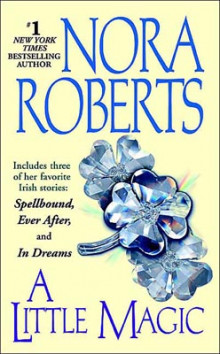 A Little Magic
A Little Magic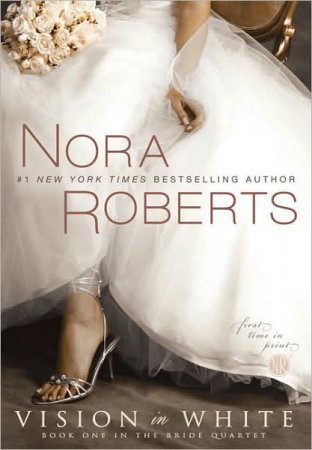 Vision in White
Vision in White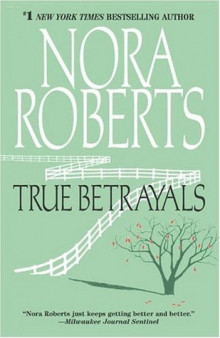 True Betrayals
True Betrayals The Next Always
The Next Always A Man for Amanda
A Man for Amanda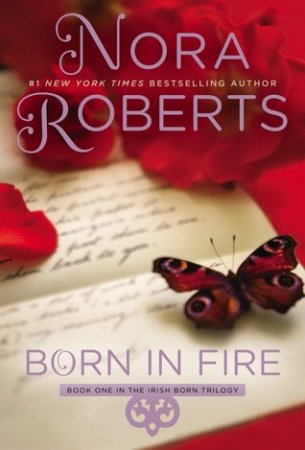 Born in Fire
Born in Fire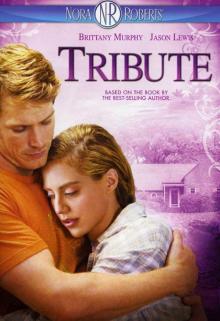 Tribute
Tribute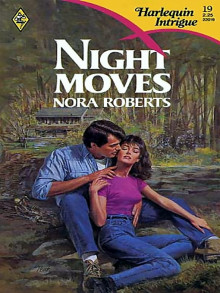 Night Moves
Night Moves Dance Upon the Air
Dance Upon the Air The Name of the Game
The Name of the Game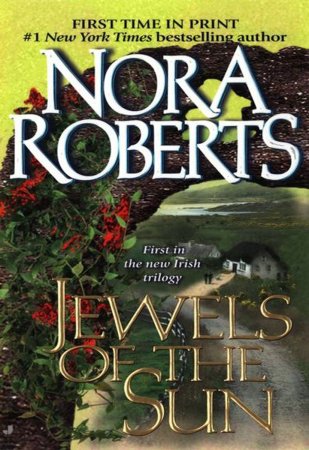 Jewels of the Sun
Jewels of the Sun River's End
River's End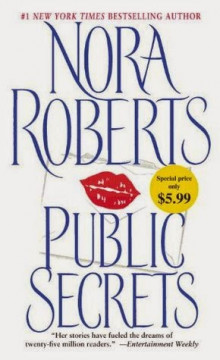 Public Secrets
Public Secrets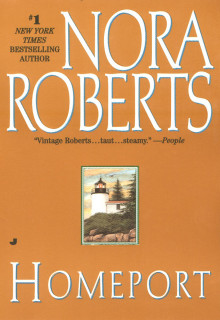 Homeport
Homeport Private Scandals
Private Scandals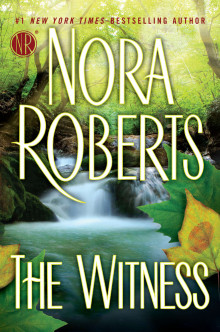 The Witness
The Witness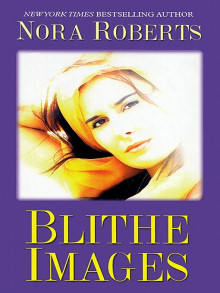 Blithe Images
Blithe Images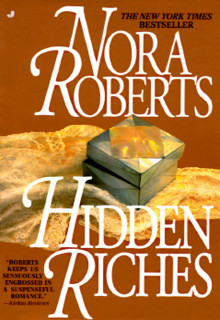 Hidden Riches
Hidden Riches Key of Light
Key of Light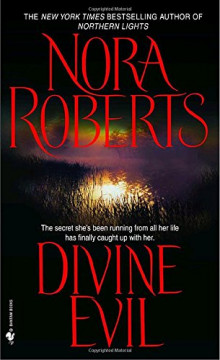 Divine Evil
Divine Evil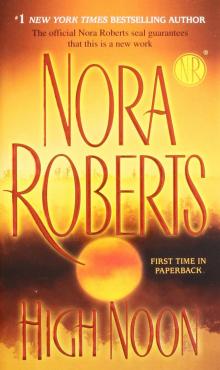 High Noon
High Noon Blue Dahlia
Blue Dahlia Sea Swept
Sea Swept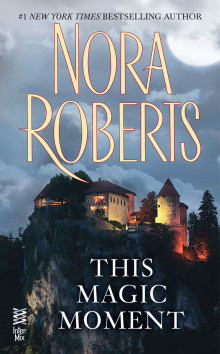 This Magic Moment
This Magic Moment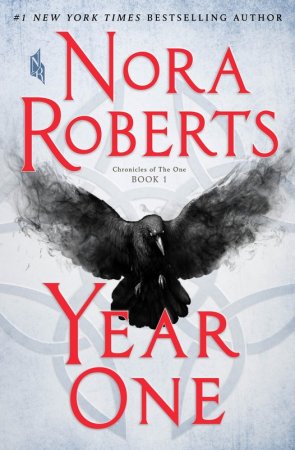 Year One
Year One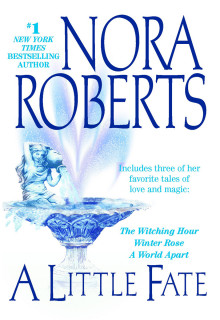 A Little Fate
A Little Fate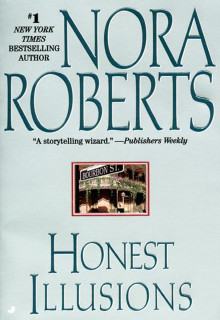 Honest Illusions
Honest Illusions The Reef
The Reef Shelter in Place
Shelter in Place The Hollow
The Hollow Holding the Dream
Holding the Dream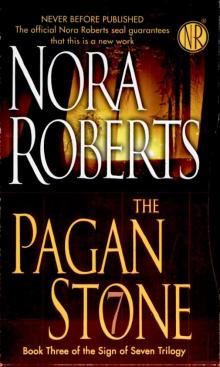 The Pagan Stone
The Pagan Stone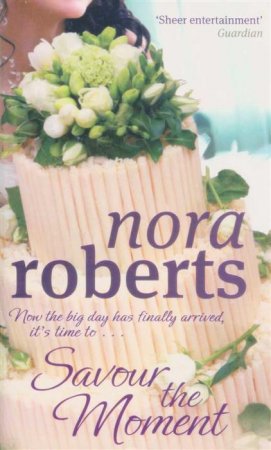 Savour the Moment
Savour the Moment The Perfect Hope
The Perfect Hope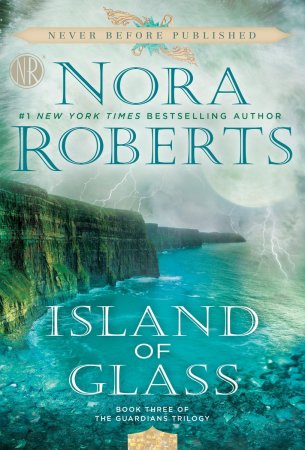 Island of Glass
Island of Glass Happy Ever After
Happy Ever After Bed of Roses
Bed of Roses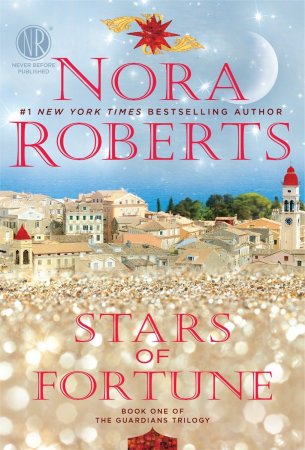 Stars of Fortune
Stars of Fortune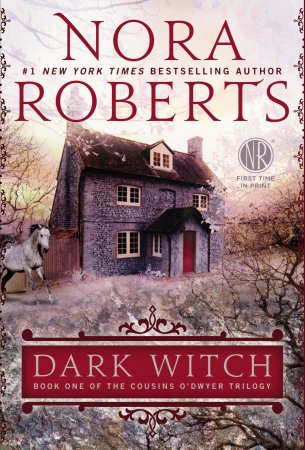 Dark Witch
Dark Witch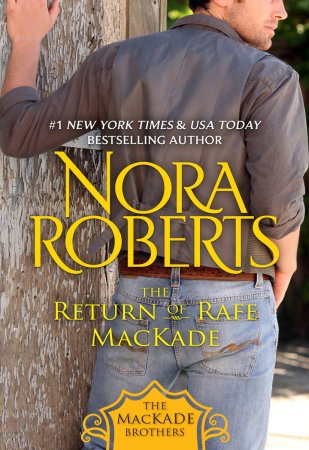 The Return of Rafe MacKade
The Return of Rafe MacKade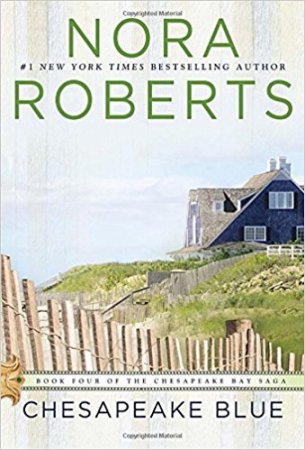 Chesapeake Blue
Chesapeake Blue The Perfect Neighbor
The Perfect Neighbor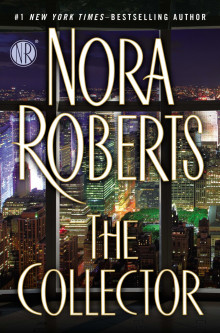 The Collector
The Collector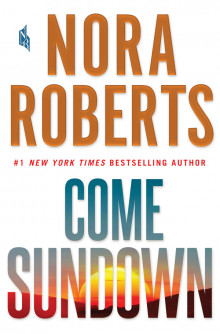 Come Sundown
Come Sundown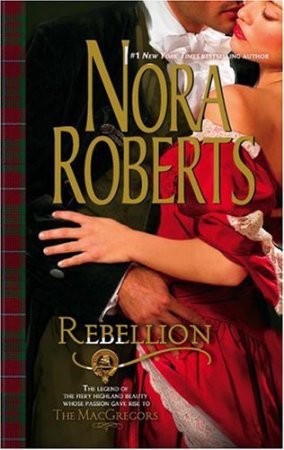 Rebellion
Rebellion Affaire Royale
Affaire Royale Daring to Dream
Daring to Dream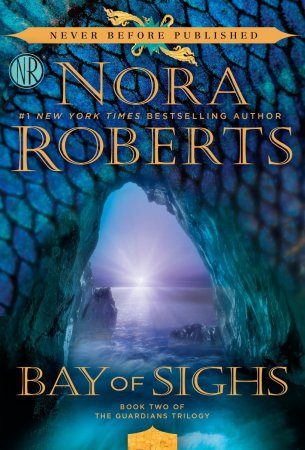 Bay of Sighs
Bay of Sighs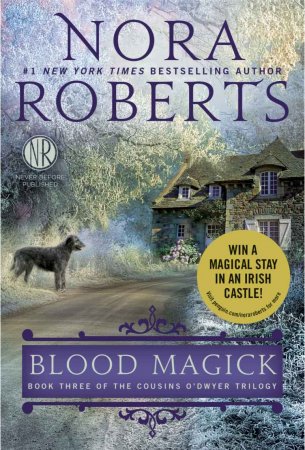 Blood Magick
Blood Magick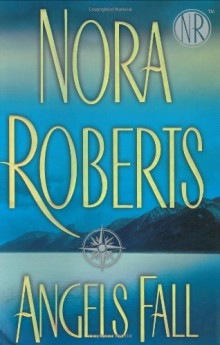 Angels Fall
Angels Fall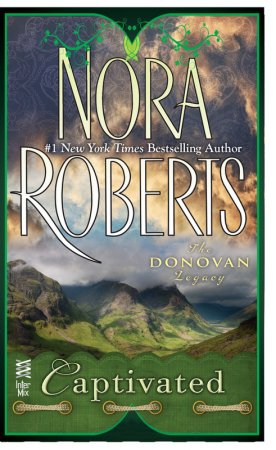 Captivated
Captivated The Last Boyfriend
The Last Boyfriend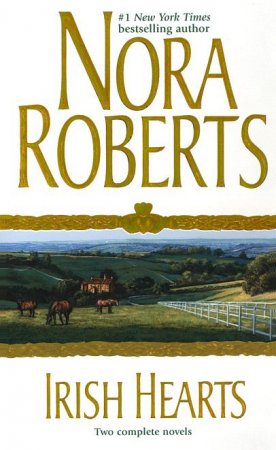 Irish Thoroughbred
Irish Thoroughbred Inner Harbor
Inner Harbor The Right Path
The Right Path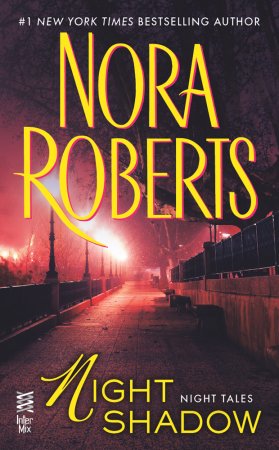 Night Shadow
Night Shadow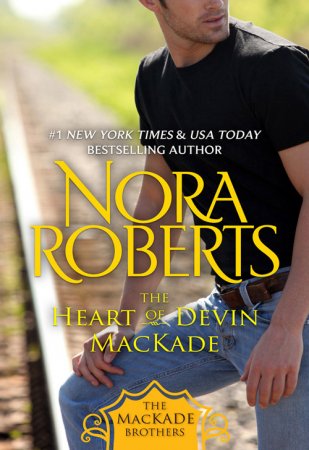 The Heart of Devin MacKade
The Heart of Devin MacKade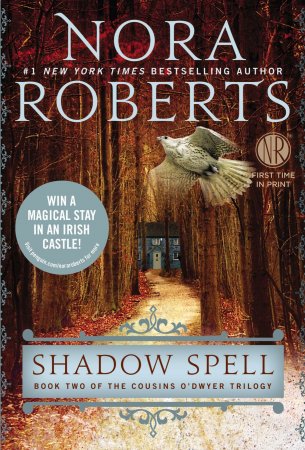 Shadow Spell
Shadow Spell The Playboy Prince
The Playboy Prince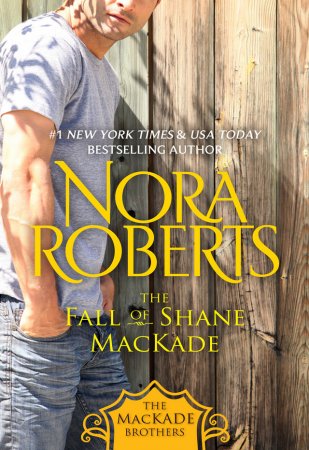 The Fall of Shane MacKade
The Fall of Shane MacKade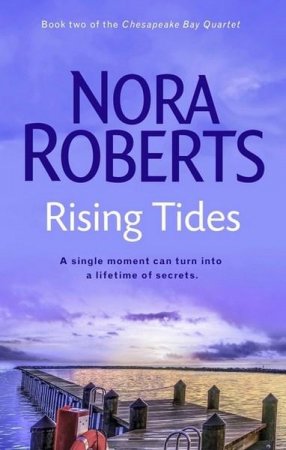 Rising Tides
Rising Tides Command Performance
Command Performance Hidden Star
Hidden Star Cordina's Crown Jewel
Cordina's Crown Jewel The MacGregor Brides
The MacGregor Brides The Pride of Jared MacKade
The Pride of Jared MacKade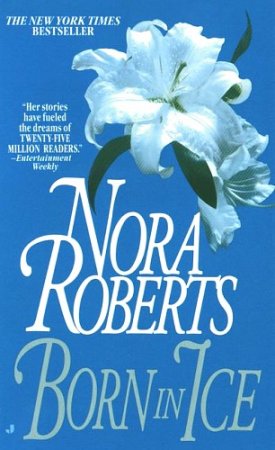 Born in Ice
Born in Ice Whiskey Beach
Whiskey Beach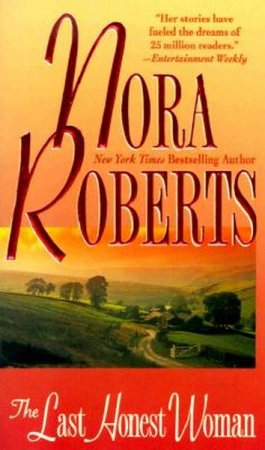 The Last Honest Woman
The Last Honest Woman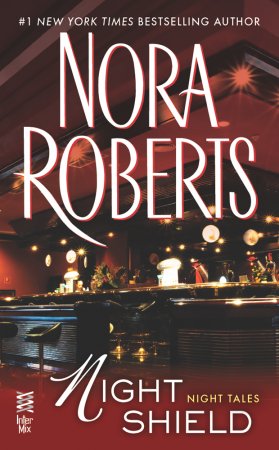 Night Shield
Night Shield Born in Shame
Born in Shame Secret Star
Secret Star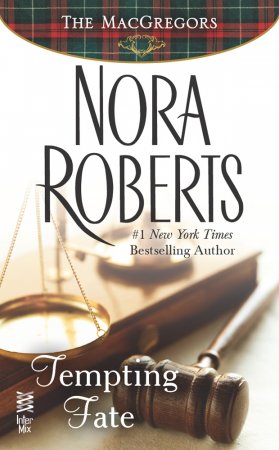 Tempting Fate
Tempting Fate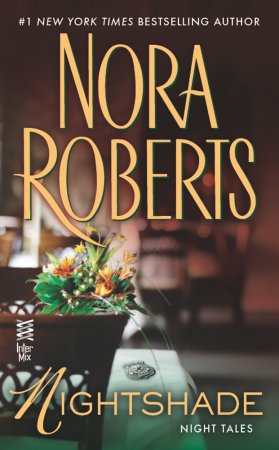 Nightshade
Nightshade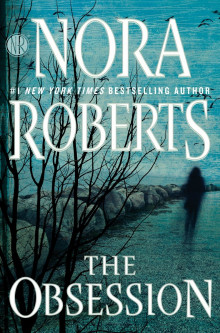 The Obsession
The Obsession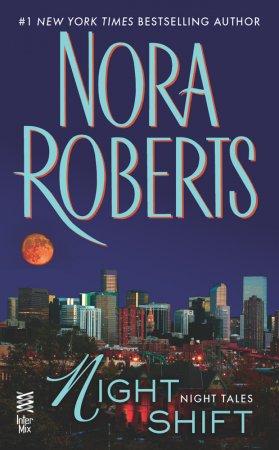 Night Shift
Night Shift Playing The Odds
Playing The Odds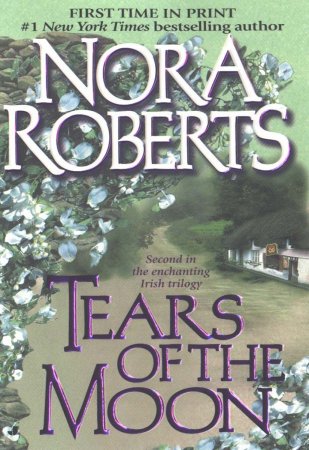 Tears of the Moon
Tears of the Moon One Man's Art
One Man's Art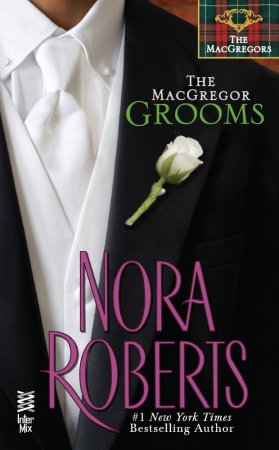 The MacGregor Groom
The MacGregor Groom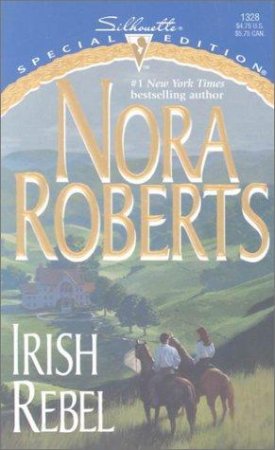 Irish Rebel
Irish Rebel Morrigan's Cross
Morrigan's Cross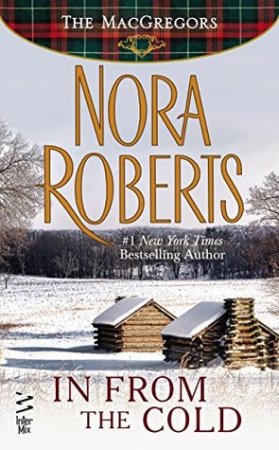 In From The Cold
In From The Cold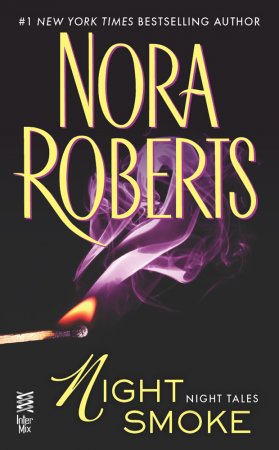 Night Smoke
Night Smoke Finding the Dream
Finding the Dream Red Lily
Red Lily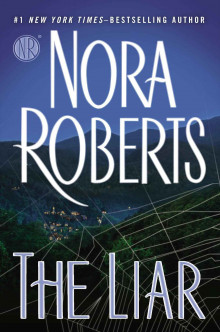 The Liar
The Liar Montana Sky
Montana Sky Heart of the Sea
Heart of the Sea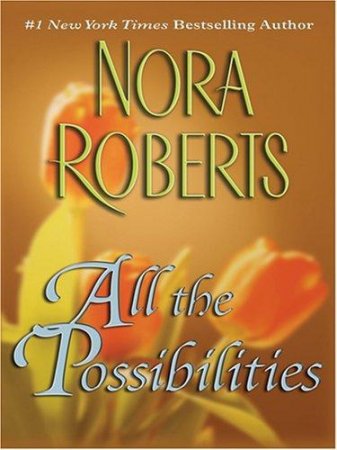 All The Possibilities
All The Possibilities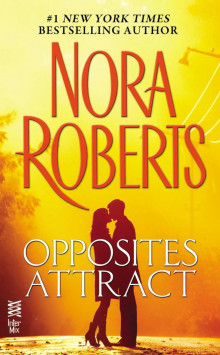 Opposites Attract
Opposites Attract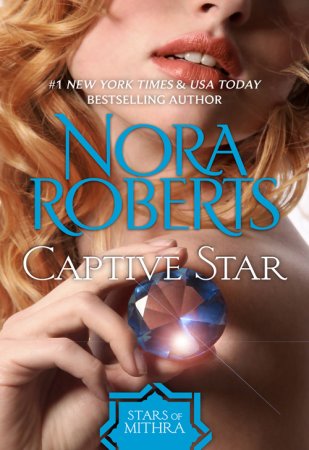 Captive Star
Captive Star The Winning Hand
The Winning Hand Key of Valor
Key of Valor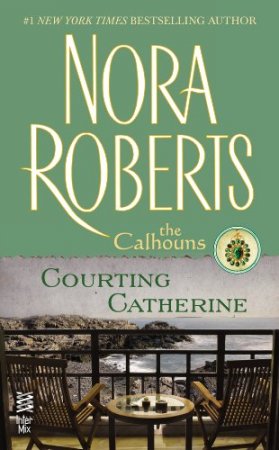 Courting Catherine
Courting Catherine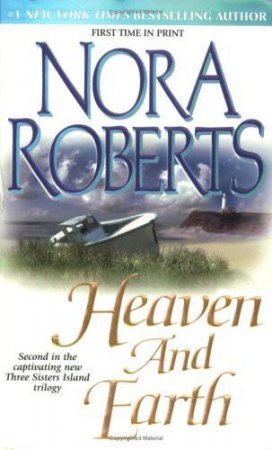 Heaven and Earth
Heaven and Earth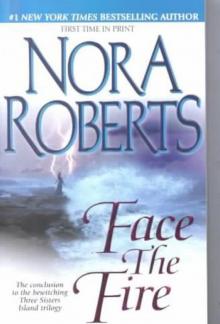 Face the Fire
Face the Fire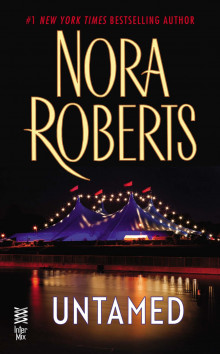 Untamed
Untamed Skin Deep
Skin Deep Enchanted
Enchanted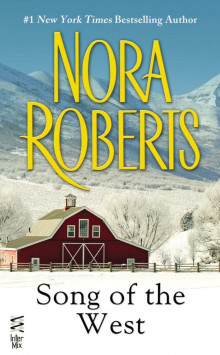 Song of the West
Song of the West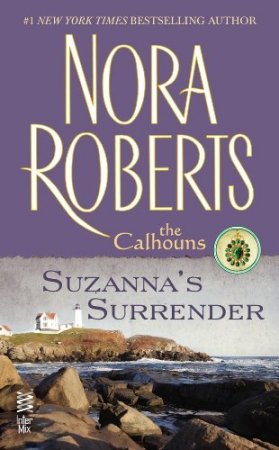 Suzanna's Surrender
Suzanna's Surrender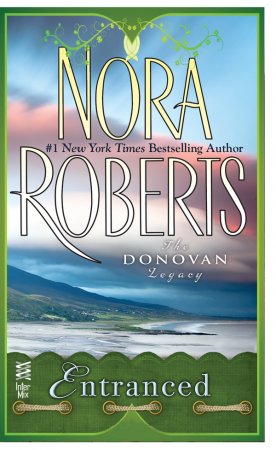 Entranced
Entranced Dance of the Gods
Dance of the Gods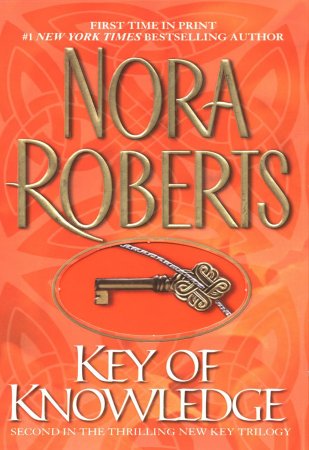 Key of Knowledge
Key of Knowledge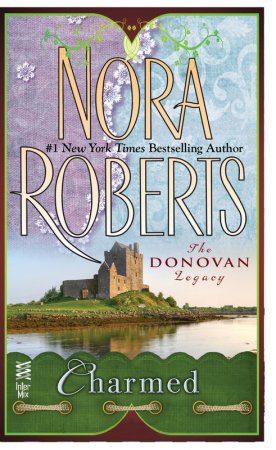 Charmed
Charmed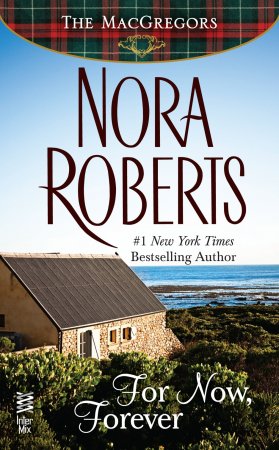 For Now, Forever
For Now, Forever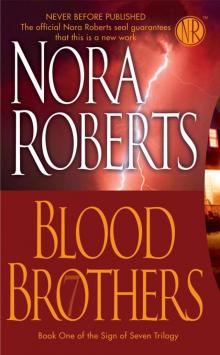 Blood Brothers
Blood Brothers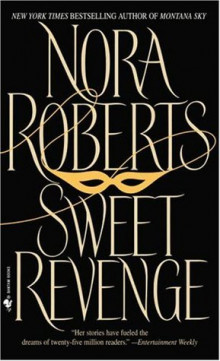 Sweet Revenge
Sweet Revenge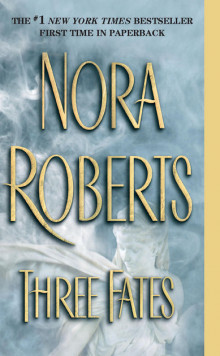 Three Fates
Three Fates Mind Over Matter
Mind Over Matter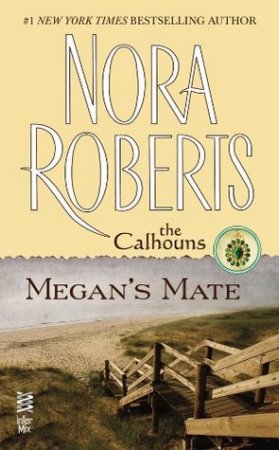 Megan's Mate
Megan's Mate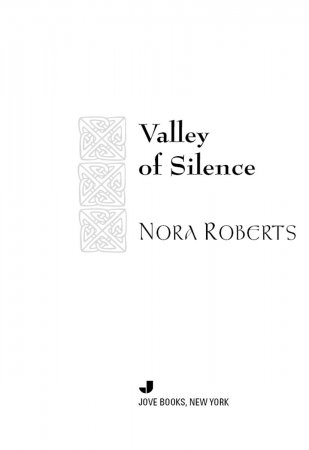 Valley of Silence
Valley of Silence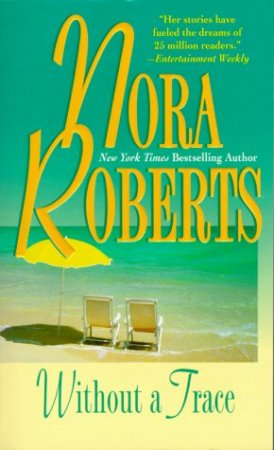 Without A Trace
Without A Trace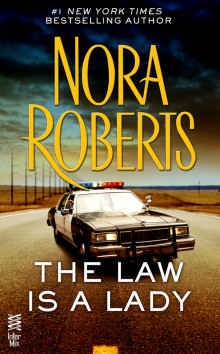 The Law is a Lady
The Law is a Lady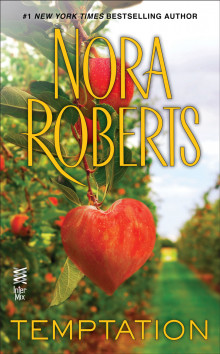 Temptation
Temptation Dance to the Piper
Dance to the Piper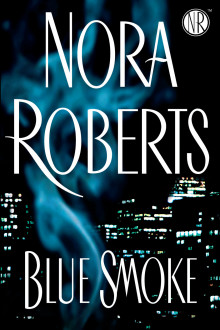 Blue Smoke
Blue Smoke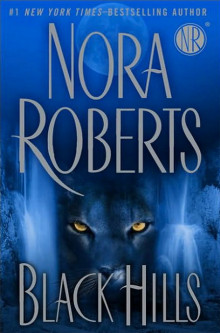 Black Hills
Black Hills The Heart's Victory
The Heart's Victory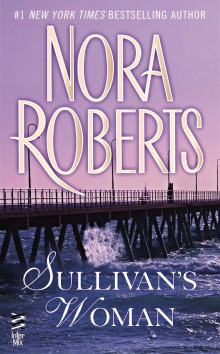 Sullivan's Woman
Sullivan's Woman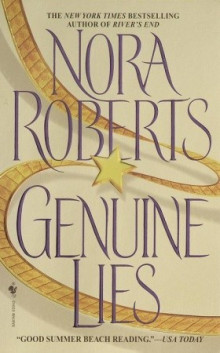 Genuine Lies
Genuine Lies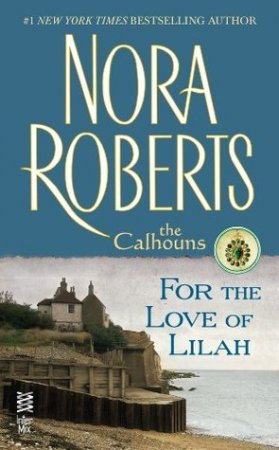 For the Love of Lilah
For the Love of Lilah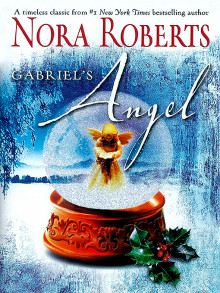 Gabriel's Angel
Gabriel's Angel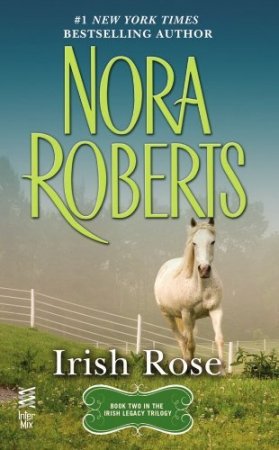 Irish Rose
Irish Rose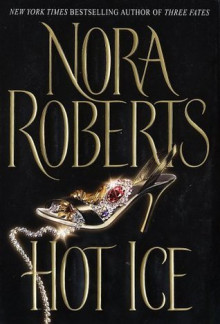 Hot Ice
Hot Ice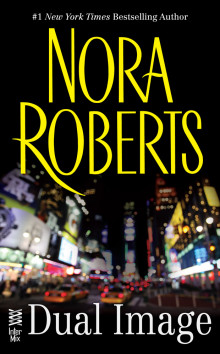 Dual Image
Dual Image Lawless
Lawless Catch My Heart
Catch My Heart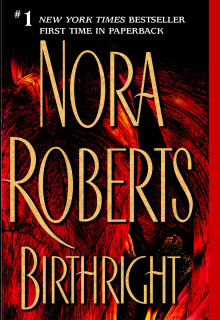 Birthright
Birthright First Impressions
First Impressions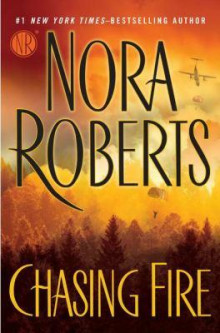 Chasing Fire
Chasing Fire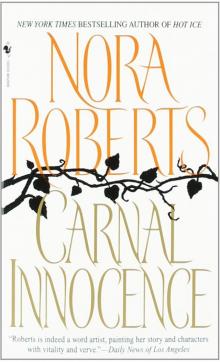 Carnal Innocence
Carnal Innocence Best Laid Plans
Best Laid Plans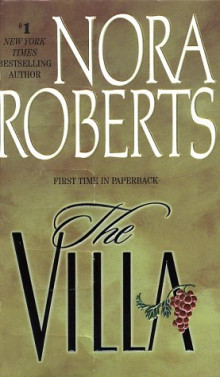 The Villa
The Villa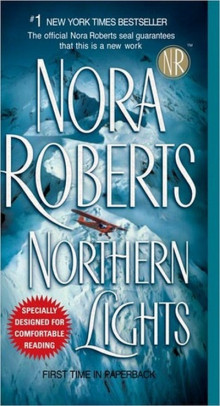 Northern Lights
Northern Lights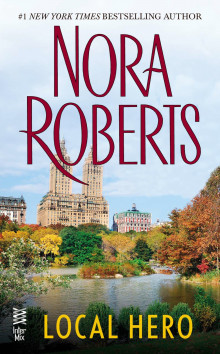 Local Hero
Local Hero Island of Flowers
Island of Flowers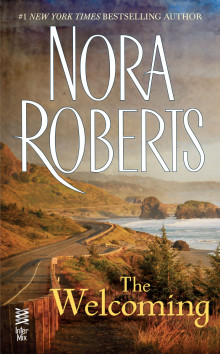 The Welcoming
The Welcoming All I Want for Christmas
All I Want for Christmas Black Rose
Black Rose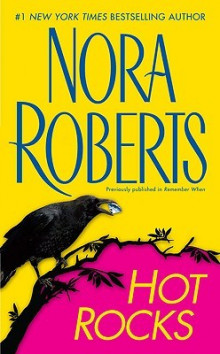 Hot Rocks
Hot Rocks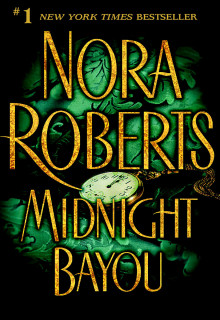 Midnight Bayou
Midnight Bayou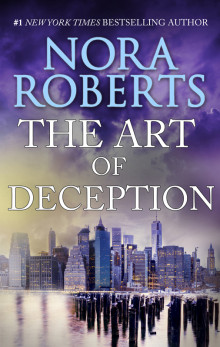 The Art of Deception
The Art of Deception From This Day
From This Day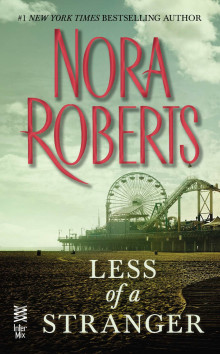 Less of a Stranger
Less of a Stranger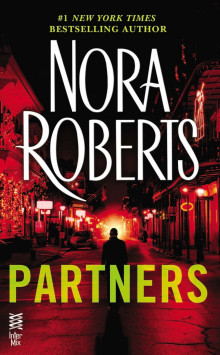 Partners
Partners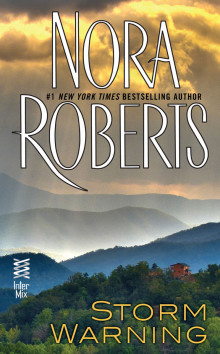 Storm Warning
Storm Warning Once More With Feeling
Once More With Feeling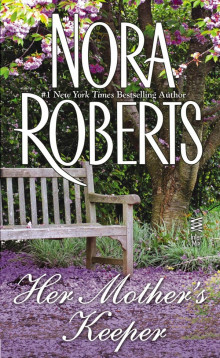 Her Mother's Keeper
Her Mother's Keeper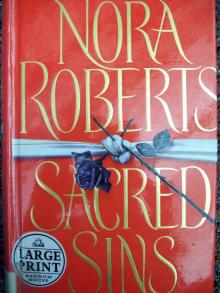 Sacred Sins
Sacred Sins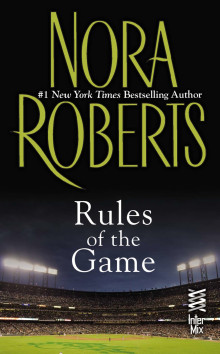 Rules of the Game
Rules of the Game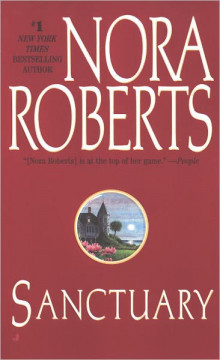 Sanctuary
Sanctuary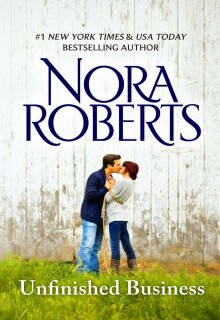 Unfinished Business
Unfinished Business Cordina's Royal Family Collection
Cordina's Royal Family Collection Dangerous Embrace
Dangerous Embrace One Summer
One Summer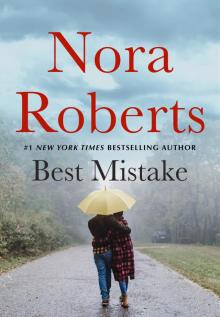 The Best Mistake
The Best Mistake Boundary Lines
Boundary Lines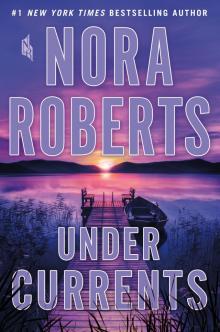 Under Currents
Under Currents The Stanislaski Series Collection, Volume 1
The Stanislaski Series Collection, Volume 1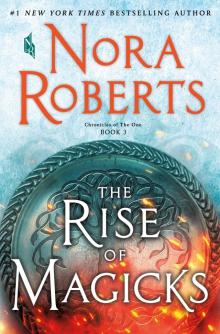 The Rise of Magicks
The Rise of Magicks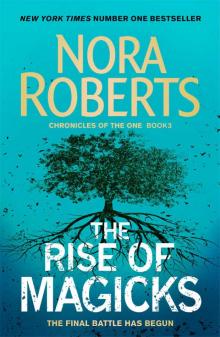 The Rise of Magicks (Chronicles of The One)
The Rise of Magicks (Chronicles of The One)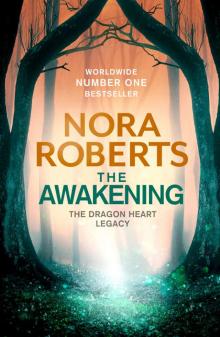 The Awakening: The Dragon Heart Legacy Book 1
The Awakening: The Dragon Heart Legacy Book 1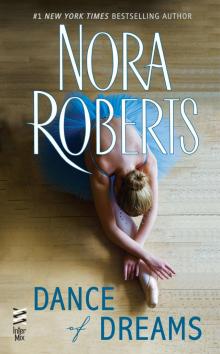 Dance of Dreams
Dance of Dreams Skin Deep: The O'Hurleys
Skin Deep: The O'Hurleys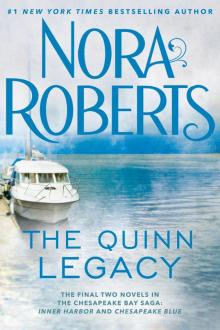 The Quinn Legacy: Inner Harbor ; Chesapeake Blue
The Quinn Legacy: Inner Harbor ; Chesapeake Blue![[Chronicles of the One 03.0] The Rise of Magicks Read online](http://i1.bookreadfree.com/11/chronicles_of_the_one_03_0_the_rise_of_magicks_preview.jpg) [Chronicles of the One 03.0] The Rise of Magicks
[Chronicles of the One 03.0] The Rise of Magicks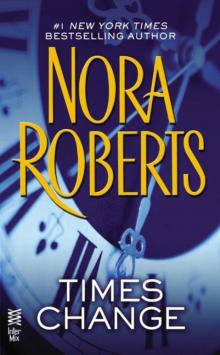 Times Change
Times Change Dance to the Piper: The O'Hurleys
Dance to the Piper: The O'Hurleys Christmas In the Snow: Taming Natasha / Considering Kate
Christmas In the Snow: Taming Natasha / Considering Kate Waiting for Nick
Waiting for Nick Summer Desserts
Summer Desserts Dream 2 - Holding the Dream
Dream 2 - Holding the Dream The Novels of Nora Roberts, Volume 2
The Novels of Nora Roberts, Volume 2 In the Garden Trilogy
In the Garden Trilogy Eight Classic Nora Roberts Romantic Suspense Novels
Eight Classic Nora Roberts Romantic Suspense Novels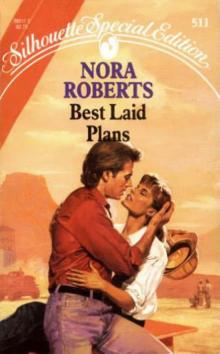 Best Laid Plans jh-2
Best Laid Plans jh-2 From the Heart
From the Heart Holiday Wishes
Holiday Wishes Dream 1 - Daring to Dream
Dream 1 - Daring to Dream Second Nature
Second Nature Summer Pleasures
Summer Pleasures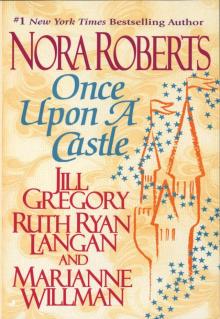 Once Upon a Castle
Once Upon a Castle Stars of Mithra Box Set: Captive StarHidden StarSecret Star
Stars of Mithra Box Set: Captive StarHidden StarSecret Star Impulse
Impulse The Irish Trilogy by Nora Roberts
The Irish Trilogy by Nora Roberts The Pride Of Jared Mackade tmb-2
The Pride Of Jared Mackade tmb-2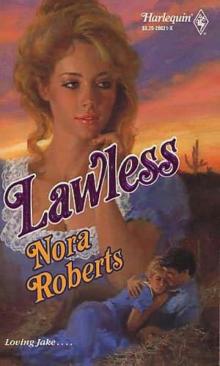 Lawless jh-3
Lawless jh-3 Taming Natasha
Taming Natasha Endless Summer
Endless Summer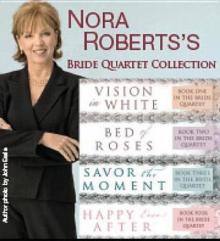 Bride Quartet Collection
Bride Quartet Collection Happy Ever After tbq-4
Happy Ever After tbq-4 Heart Of The Sea goa-3
Heart Of The Sea goa-3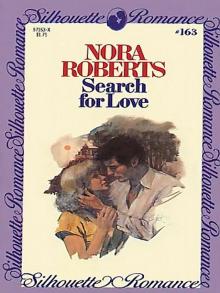 Search for Love
Search for Love Once upon a Dream
Once upon a Dream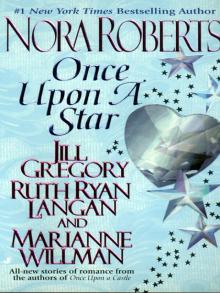 Once Upon a Star
Once Upon a Star Dream Trilogy
Dream Trilogy Risky Business
Risky Business The Novels of Nora Roberts, Volume 3
The Novels of Nora Roberts, Volume 3 Dream 3 - Finding the Dream
Dream 3 - Finding the Dream Promises in Death id-34
Promises in Death id-34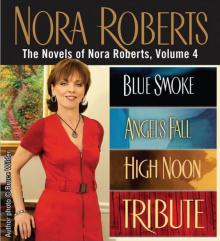 The Novels of Nora Roberts, Volume 4
The Novels of Nora Roberts, Volume 4 The Perfect Hope ib-3
The Perfect Hope ib-3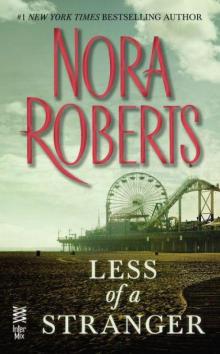 Less than a Stranger
Less than a Stranger Savour the Moment: Now the Big Day Has Finally Arrived, It's Time To...
Savour the Moment: Now the Big Day Has Finally Arrived, It's Time To... Convincing Alex
Convincing Alex Bed of Roses tbq-2
Bed of Roses tbq-2 Savour the Moment tbq-3
Savour the Moment tbq-3 Lessons Learned
Lessons Learned Key Of Valor k-3
Key Of Valor k-3 Red lily gt-3
Red lily gt-3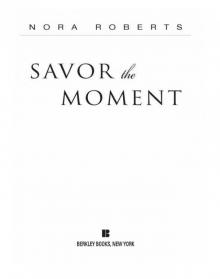 Savor the Moment
Savor the Moment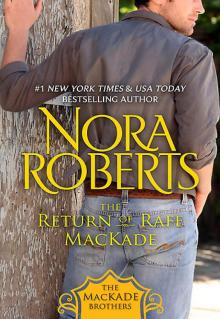 The Return Of Rafe Mackade tmb-1
The Return Of Rafe Mackade tmb-1 For The Love Of Lilah tcw-3
For The Love Of Lilah tcw-3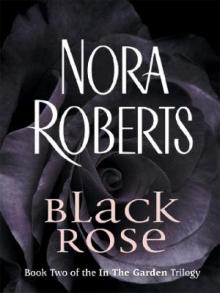 Black Rose gt-2
Black Rose gt-2 Novels: The Law is a Lady
Novels: The Law is a Lady Chesapeake Bay Saga 1-4
Chesapeake Bay Saga 1-4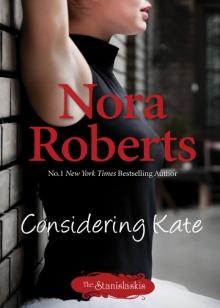 Considering Kate
Considering Kate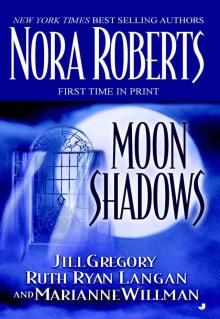 Moon Shadows
Moon Shadows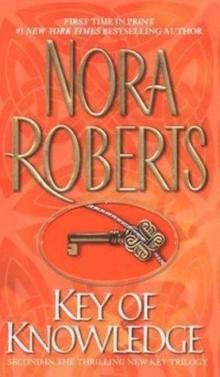 Key of Knowledge k-2
Key of Knowledge k-2 The Sign of Seven Trilogy
The Sign of Seven Trilogy Once Upon a Kiss
Once Upon a Kiss The Novels of Nora Roberts, Volume 5
The Novels of Nora Roberts, Volume 5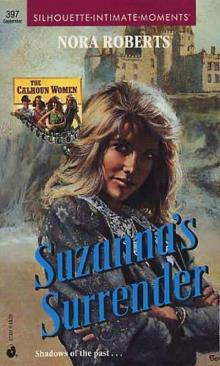 Suzanna's Surrender tcw-4
Suzanna's Surrender tcw-4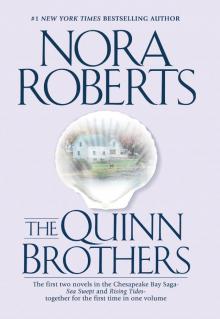 The Quinn Brothers
The Quinn Brothers Falling for Rachel
Falling for Rachel Brazen Virtue
Brazen Virtue Time Was
Time Was The Gallaghers of Ardmore Trilogy
The Gallaghers of Ardmore Trilogy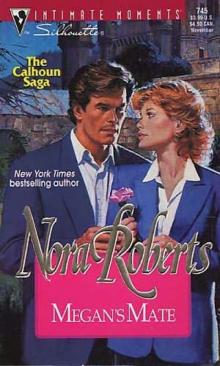 Megan's Mate tcw-5
Megan's Mate tcw-5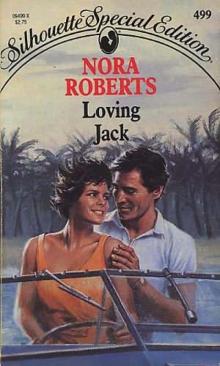 Loving Jack jh-1
Loving Jack jh-1 Rebellion & In From The Cold
Rebellion & In From The Cold Blue Dahlia gt-1
Blue Dahlia gt-1 The MacGregor Grooms
The MacGregor Grooms The Next Always tibt-1
The Next Always tibt-1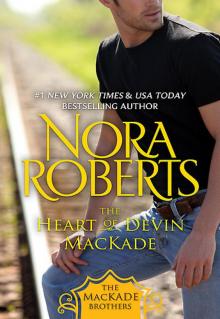 The Heart Of Devin Mackade tmb-3
The Heart Of Devin Mackade tmb-3 The Novels of Nora Roberts Volume 1
The Novels of Nora Roberts Volume 1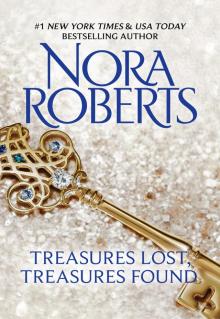 Treasures Lost, Treasures Found
Treasures Lost, Treasures Found Nora Roberts's Circle Trilogy
Nora Roberts's Circle Trilogy The Key Trilogy
The Key Trilogy The Fall Of Shane Mackade tmb-4
The Fall Of Shane Mackade tmb-4 A Will And A Way
A Will And A Way Jewels of the Sun goa-1
Jewels of the Sun goa-1 Luring a Lady
Luring a Lady